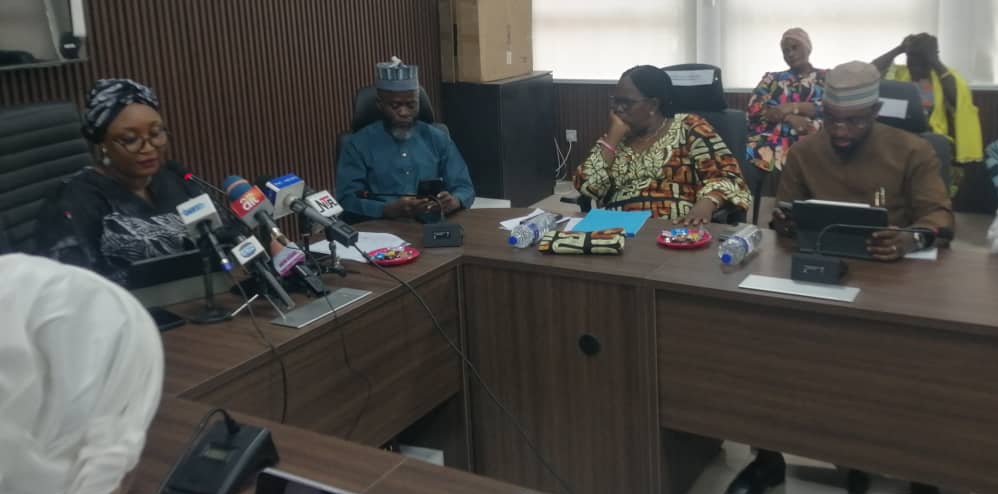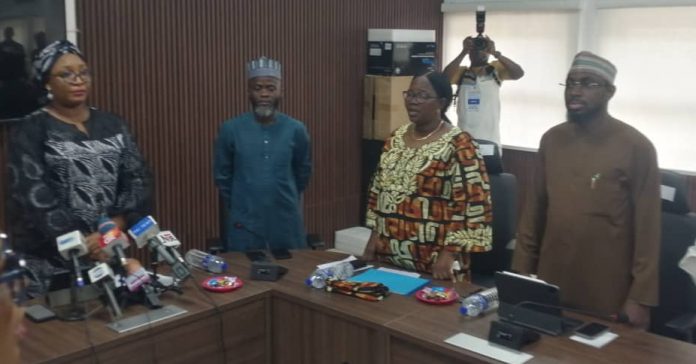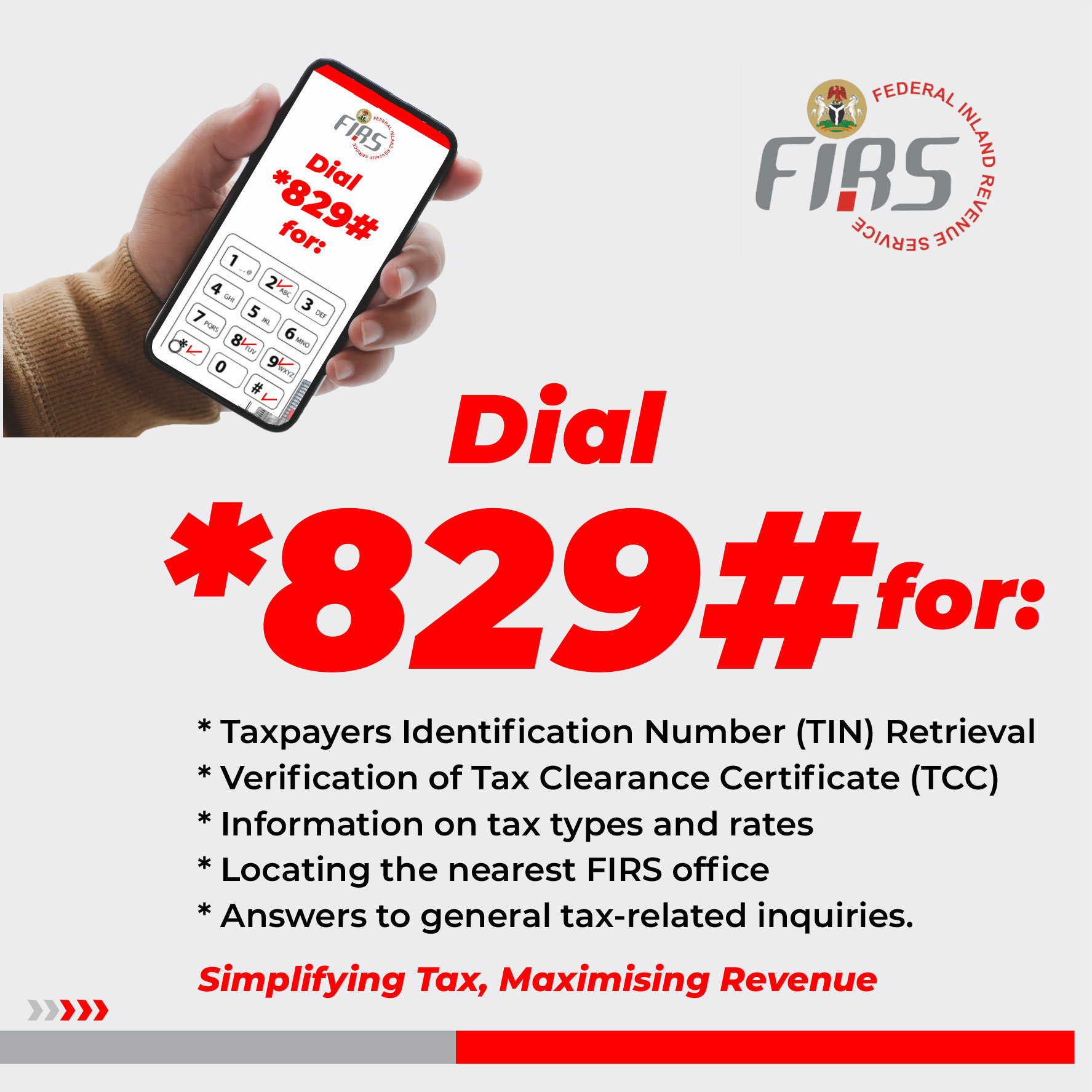1st May, 2025
Taiwo Ogunniyi
The Kwara State Government has taken decisive steps to improve healthcare delivery and retain medical personnel by implementing a revised 2024 Consolidated Medical Salary Structure (CONMESS) for doctors working in public health facilities.
Dr Abdulraheem Malik, Executive Secretary of the Kwara State Hospital Management Board, made the announcement during a press briefing in Ilorin, saying the decision was necessary to address the ongoing exodus of medical professionals from the state.

“Many of our doctors have left due to unattractive working conditions. This salary upgrade is part of a broader effort to reverse that trend and create an environment where our professionals feel valued,” Malik said.
In addition to improving remuneration, the state government is investing in renewable energy to ensure uninterrupted power supply in hospitals. Solar installations are now operational in facilities such as the General Hospital in Offa and Cottage Hospital in Adewole, as well as centres in Ajase Ipo, Eruku, Tsaragi, and Isin.
“These clean energy projects are not just about power; they reflect our commitment to climate-smart and sustainable healthcare,” Dr Malik explained.
The state is also intensifying efforts to build capacity within the sector. In partnership with UNFPA and UNICEF, a comprehensive two-week training on Emergency Obstetric and Newborn Care (CEMONC) was recently conducted, equipping doctors in every local government area with life-saving skills.
To improve access to pharmaceutical services, the board has accredited six facilities across the state to train pharmacy interns and is collaborating with local pharmaceutical companies to strengthen the drug supply chain.
“This is a holistic intervention,” Malik said. “It’s about creating a robust healthcare system where both workers and patients can thrive.”
Kwara Expands Road Projects to Open Up Border Communities
The Commissioner for Works, Engineer Abdulquawiy Olododo, said the State Government has ramped up investment in road infrastructure, targeting border communities to improve trade, mobility, and economic growth.
He added the administration is prioritising roads that connect remote and rural areas to economic hubs within and outside the state.
“We’ve completed 33 out of 46 active projects and awarded 24 new road contracts this year alone,” Olododo disclosed. “Our goal is to make border areas more accessible and economically viable.”
He cited the Agbamu–Ila-Orangun road project as a major achievement, noting its strategic importance in linking Kwara to Osun State and boosting regional commerce.
While acknowledging delays caused by inflation, Olododo assured residents that construction is back on track. “Communities affected by previous delays will soon see visible progress as we’ve resolved the funding issues,” he said.
Urban areas are also benefiting from road upgrades, with ongoing works in Ilorin’s Government Reservation Area (GRA) and other key routes.
On emergency services, the commissioner highlighted the performance of the State Fire Service, which saved property worth over ₦728 billion in the past quarter—evidence, he said, of growing efficiency in disaster response.
Olododo further revealed that the state’s execution of the 209.77km RAAMP rural roads initiative has earned it national awards for transparency and effective funding.
“We’re not just building roads; we’re building trust and capacity,” he concluded.
The state’s Commissioner for Women Affairs, Mrs Afolashade Oluwakemi, has announced said at least 150 widows across Kwara State will benefit from a new welfare initiative aimed at reducing economic hardship among vulnerable women.
She noted that the support programme is part of Governor AbdulRahman AbdulRazaq’s broader vision for inclusive governance and gender equity.
“We want every woman—especially widows who face enormous burdens—to feel supported and seen. No woman should be left behind in our development efforts,” she stated.
“The ministry is also strengthening its campaign against domestic violence, child abuse, and harmful traditional practices. Advocacy visits have been carried out in rural communities like Lafiagi and Babanla to sensitise women on the dangers of Female Genital Mutilation (FGM).
“We’re engaging grassroots women directly, encouraging them to reject FGM and other harmful customs. Change must begin within the communities,” she added.
Beyond awareness, the ministry is working on policy reforms to ensure justice for victims of abuse and promote equal rights.
“Our message is simple: Speak out. We are ready to respond, protect, and ensure justice for all victims,” Oluwakemi said, urging community members to report cases of violence.
She reaffirmed that the government will continue to prioritise the welfare of women, children, and other vulnerable groups, stressing that equity and protection remain central to the administration’s agenda.


